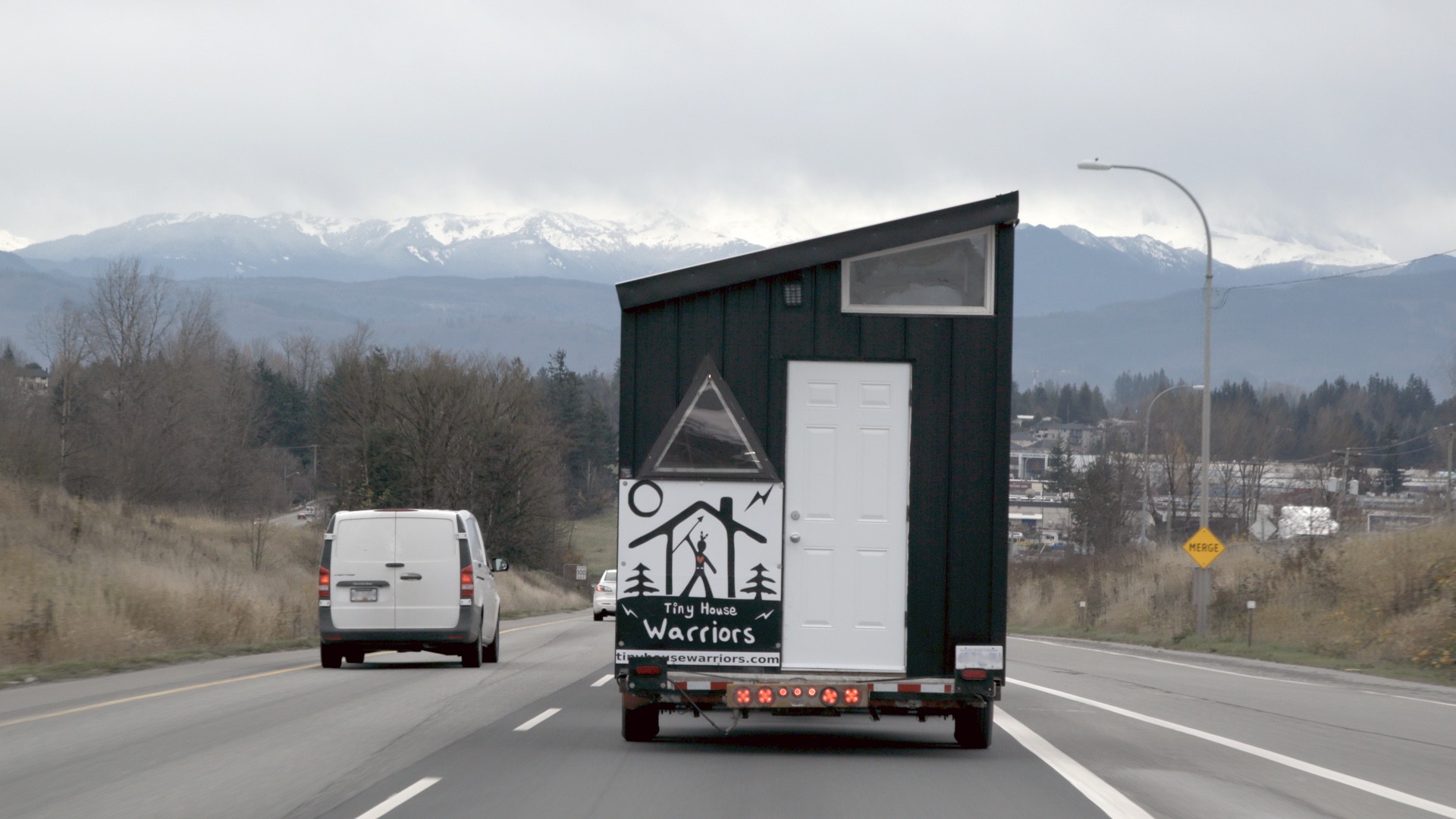Four First Nation groups appealing Canada's Trans Mountain approval held a press conference and rally Monday. Photo by Alex Harris
Altered and suppressed documents. Missed meetings. Bad faith consultation. Based on accusations made at a hearing appealing Canada’s Trans Mountain pipeline approval, you might wonder if the government’s “most important” relationship really is with First Nations, as Prime Minister Justin Trudeau has famously said.Four First Nations groups, including the Tsleil-Waututh Nation, Squamish Nation, Coldwater Indian Band, and the Ts’elxwéyeqw Tribes, took the Government of Canada to court this week over alleged mishandling of the pipeline consultation process. After all the arguments were heard, Chief Justice Marc Noel compared the tension in the room to an “acrimonious divorce.”Cue the Marriage Story (2019) memes.The latest appeal comes in a series of court battles over the controversial Trans Mountain expansion project, which will triple the capacity of a pipe previously owned by Texas oil giant Kinder Morgan, and bring Alberta bitumen to Metro Vancouver ports. Trudeau greenlit the expansion in 2016, but a federal court found that the government didn’t adequately consult First Nations along the route. The feds then bought the pipeline for $4.5 billion in 2018, and approved the project again this summer.On Monday, lawyers for the Tsleil-Waututh and Squamish nations accused the government of altering and withholding documents that showed federal scientists agreed with environmental issues raised by First Nations’ experts. The Tsleil-Waututh commissioned multiple studies on what increased tanker traffic would mean for the Burrard Inlet and the orca whales that live in it.Lawyer Scott Smith said the government prepared five versions of an internal review and shared a version that omitted and altered points that aligned with Tsleil-Waututh findings. After Trans Mountain was re-approved, Tsleil-Waututh leaders say they got hands on earlier versions that had called for more scientific consultation. Tsleil-Waututh Chief Leah George-Wilson said the review was intentionally watered down and doctored to fit a desired outcome. “Only after the approval on June 18 were we provided with the original peer reviewed documents which confirmed that Canada’s staff agreed with Tsleil-Waututh’s expert reports about the lack of information regarding the fate and behavior of diluted bitumen in the Salish Sea,” she said in an email. “Canada came to the consultation table with predetermined measures before we set out our concerns.”The government responded that the differences amounted to “internal notes,” not academic peer review.Trans Mountain lawyer Mauren Killoran accused the First Nations groups of being the ones not consulting in good faith on Wednesday. She said the nations were at times unresponsive or slow to respond, and repeated arguments from the last round of court battles.In reply arguments Wednesday lawyers for First Nations groups argued the government and Trans Mountain didn’t show up for meetings and “went dark,” too.Eugene Kung, lawyer with West Coast Environmental Law, told VICE the proceedings highlighted a disparity of resources. He said the First Nations were rushed and strained by the feds’ compressed schedules. “Canada has assigned people to specifically only work on this,” he said. (In Alberta, pipeline construction has already begun.)Kung has worked on similar cases and was in court to hear the arguments. He said that Canada has characterized the second round of consultations as far above the minimum standard, and in line with the government’s reconciliation goals.But Kung said this week isn’t the only time a divorce metaphor has been more fitting, pointing to the government’s recent appeal of a discrimination case involving First Nations kids’ healthcare.“We hear all this language in the political arena about Canada’s most important relationship, but where the rubber hits the road, we’re not seeing that in the positions Canada takes in court,” he said.Follow Sarah on Twitter.
Tsleil-Waututh Chief Leah George-Wilson said the review was intentionally watered down and doctored to fit a desired outcome. “Only after the approval on June 18 were we provided with the original peer reviewed documents which confirmed that Canada’s staff agreed with Tsleil-Waututh’s expert reports about the lack of information regarding the fate and behavior of diluted bitumen in the Salish Sea,” she said in an email. “Canada came to the consultation table with predetermined measures before we set out our concerns.”The government responded that the differences amounted to “internal notes,” not academic peer review.Trans Mountain lawyer Mauren Killoran accused the First Nations groups of being the ones not consulting in good faith on Wednesday. She said the nations were at times unresponsive or slow to respond, and repeated arguments from the last round of court battles.In reply arguments Wednesday lawyers for First Nations groups argued the government and Trans Mountain didn’t show up for meetings and “went dark,” too.Eugene Kung, lawyer with West Coast Environmental Law, told VICE the proceedings highlighted a disparity of resources. He said the First Nations were rushed and strained by the feds’ compressed schedules. “Canada has assigned people to specifically only work on this,” he said. (In Alberta, pipeline construction has already begun.)Kung has worked on similar cases and was in court to hear the arguments. He said that Canada has characterized the second round of consultations as far above the minimum standard, and in line with the government’s reconciliation goals.But Kung said this week isn’t the only time a divorce metaphor has been more fitting, pointing to the government’s recent appeal of a discrimination case involving First Nations kids’ healthcare.“We hear all this language in the political arena about Canada’s most important relationship, but where the rubber hits the road, we’re not seeing that in the positions Canada takes in court,” he said.Follow Sarah on Twitter.
Advertisement

Advertisement
